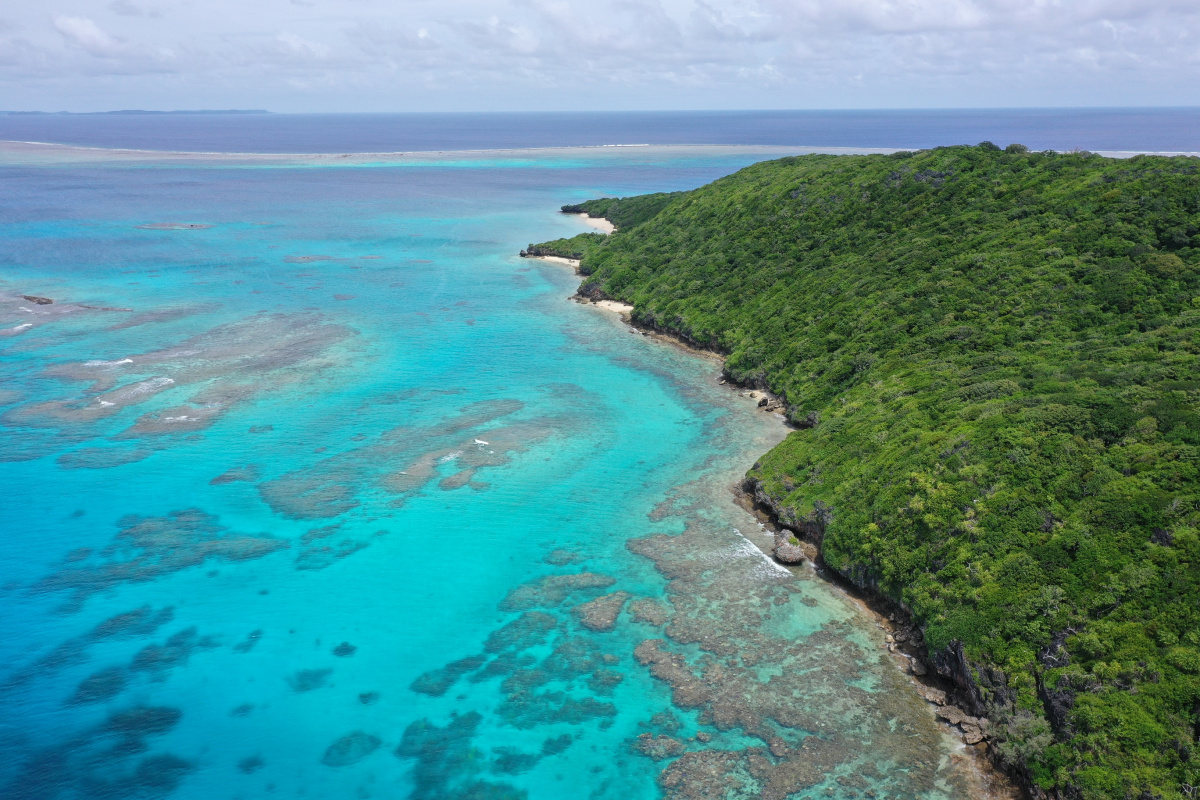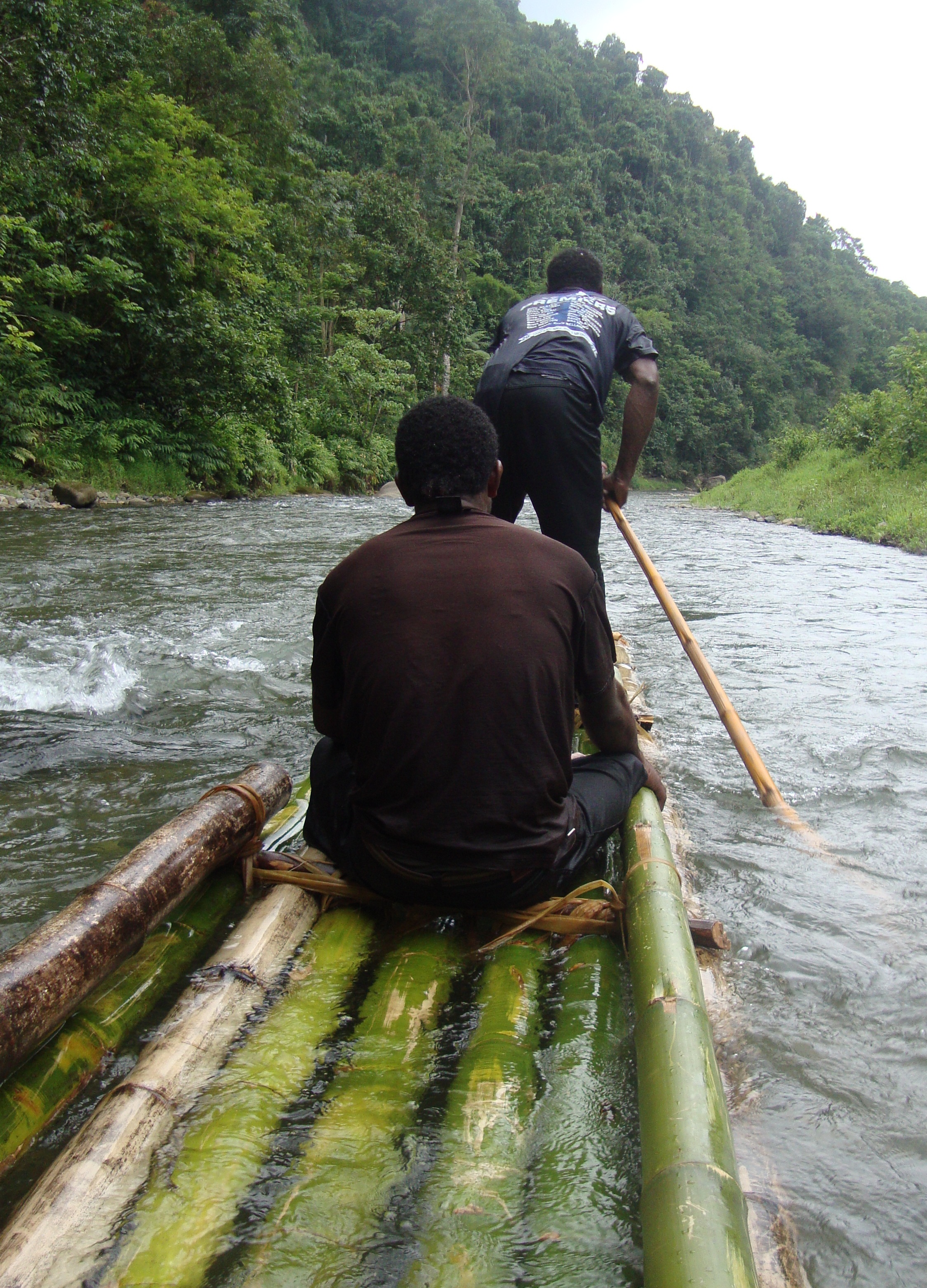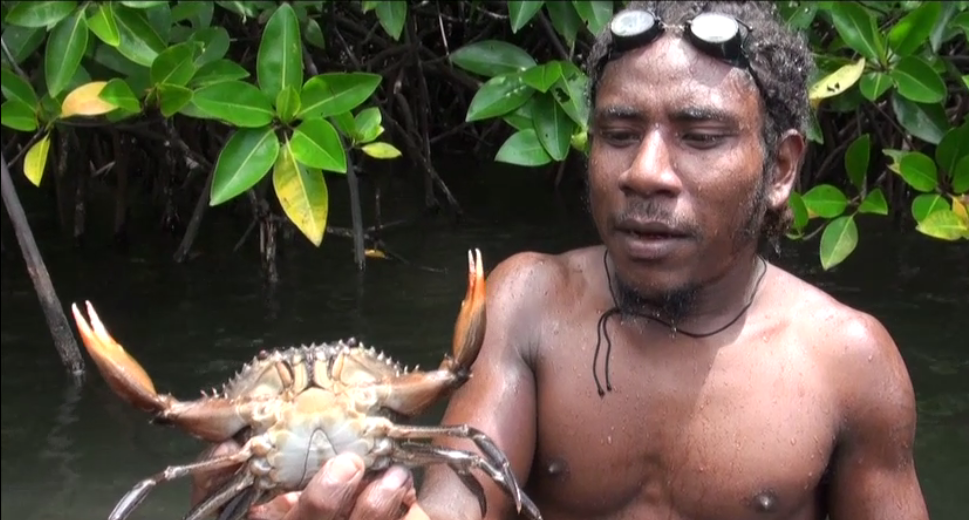IUCN, Plastic Waste Free Islands (PWFI) project shares proposed Policy recommendations to improve the management of plastic waste in Fiji and reduce leakages from target sectors
On 15 June 2022, under its Plastic Waste Free Islands (PWFI) Project, IUCN through consultants Environment Law Oceania Consultancy (ELOC) conducted a validation workshop on proposed policy recommendations for the reduction of plastic waste leakage from the waste management, tourism and fisheries sectors in Fiji. Around 40 participants from government and non-government organizations, academic institutions, affiliations, associations and the private sector took part in this event.
The main objective of the workshop was to validate (i) the review of the policy and legal frameworks for plastic waste management and pollution prevention in the Waste management, Tourism and Fisheries sectors in Fiji; and (ii) the proposed policy recommendations for the plastic leakage reduction measures in the three sectors.
Mr. Paula Katirewa, Project coordinator recapped on some of the themes that were covered in the policy consultations in his opening address. Some of which were governance, legislation and policy, economic and market-based instruments, Innovations and environmentally acceptable alternatives to plastics, education, training and engagement and capacity building on plastics and data collection and monitoring. Mr. Katirewa encouraged feedback from workshop participants on the policy recommendations that were formulated from the consultations.
Consultant Ms. Patricia Parkinson of Environment Law Oceania Consultancy (ELOC) shared the approach and methodology that were adopted for developing the policy recommendations for the three sectors. The proposed recommendations were informed by a comprehensive review and analysis of the relevant international, regional and national policy and legal instruments analyzing the provisions relevant to plastic waste leakage and their impacts; a literature review; and most importantly by the outcomes of the consultations conducted with the stakeholders of the waste management, tourism and fisheries sectors in Fiji.
In response to a question from participant Ms. Patricia Malam - “Of all of the recommendations that you presented in relation to waste management, in your opinion what are the top 3 you think are practical and achievable in a 3-5-year time frame- and I ask this because there is an opportunity now with the window for budget submissions to government open for us to lobby the case?”
Ms. Parkinson identified the 3 top recommendations as
- Legislate for, and implement a Container Deposit Scheme, that will facilitate the establishment of (a) waste transfer station / resource recovery centre(s) for recycling;
- Improve waste collection and management, especially in rural and remote areas where a large part of the population does not benefit from a public waste collection system; and
- The development of a National Plastic Pollution Prevention Plan (N4P) to be incorporated in the Ministry of Waterways and Environment’s Waste Management and Pollution Control Strategy and Action Plan, which would include control measures to control (and eventually eliminate) the import of problematic and unnecessary plastics.
Other identified priorities include strengthening the enforcement of existing legislation relating to the reduction of plastic leakages, especially the ban on single-use plastic bags, as well as revising the legislation to address loopholes (such as the replacement of currently banned plastic bags with plastic mesh bags or thicker plastic bags), and sustainable financing for the implementation of the N4P.
For the Tourism sector, the key policy recommendations proposed included the enactment of a Sustainable Tourism Act, to enable the implementation of the Fiji Tourism policy, and the development of a Sustainable Tourism Development Framework, as envisaged by the Fiji Tourism policy, which would provide practical tools for the implementation of plastic waste reduction and management measures. For the Fisheries sector, a range of proposed recommendations addressed the main issue of plastic leakage from abandoned, lost or otherwise discarded fishing gear (ALDFG), as well as from the dumping of waste by fishing vessels in the ocean. They included conducting awareness and training programs on waste management and ALDF; and attaching conditions to the issuance and renewal of fishing licenses, such as a waste management plan, reporting obligations, and the marking of fishing gear.
Following the conclusion of the waste audits and consolidation of recommendations from the Quantification and Economic Assessment work, Fiji takes lead in carrying out the process of policy review and development of policy recommendations for plastic waste leakage reduction measures in the three sectors. The same activity is expected to begin in Samoa and Vanuatu in the coming weeks. Ultimately the outcomes from this project will be incorporated into an approach that uses the learning from the project countries to develop a blueprint that essentially is a framework that can be used and promoted based on the unique conditions of the PWFI project countries, and can be used to guide other countries in a similar context particularly Small Island Developing States (SIDS) address some of these complex and difficult issues of plastic waste management.
The PWFI project is initiated by the International Union for Conservation of Nature (IUCN) with funding from the Government of Norway to support the work on addressing the problem of plastic waste leakage from island states.
-----------------------------
By Varea Romanu, Climate Change Programme Assistant





